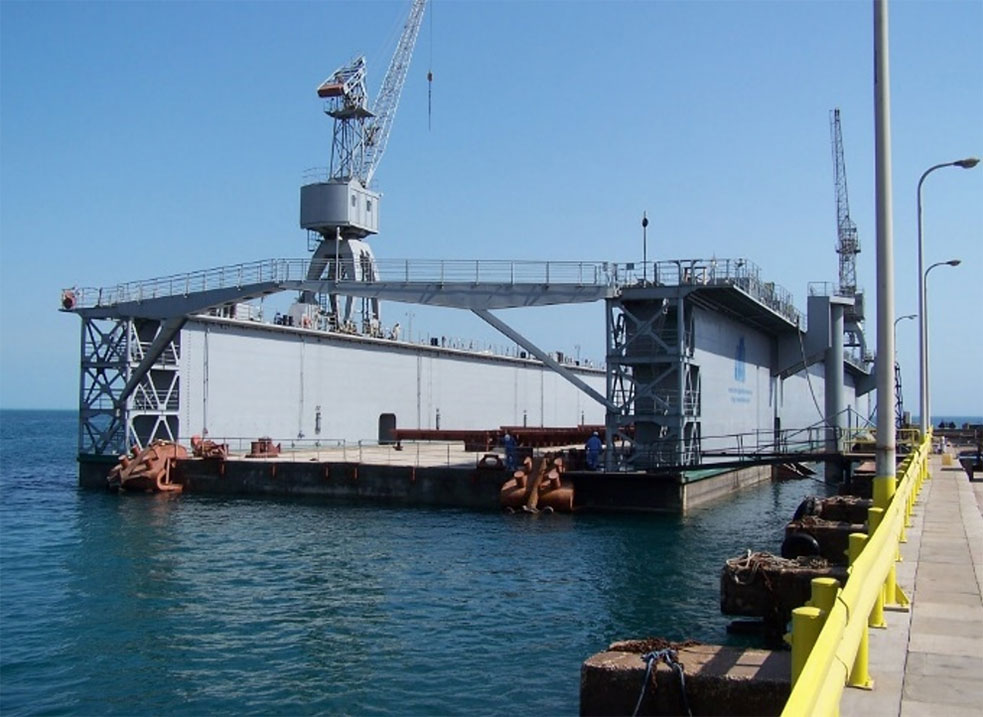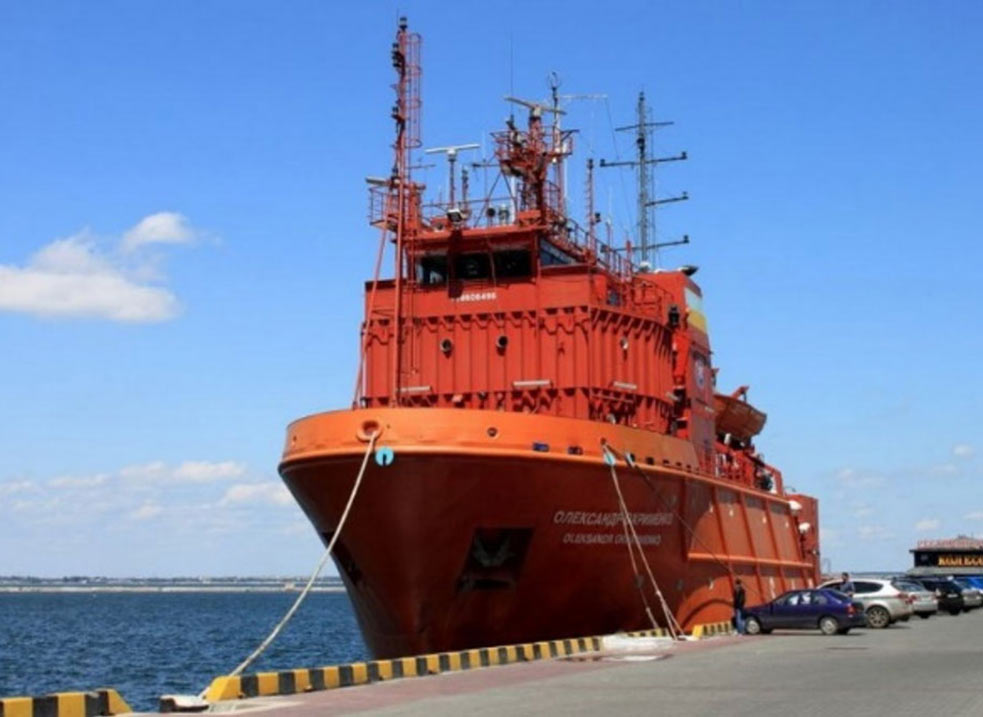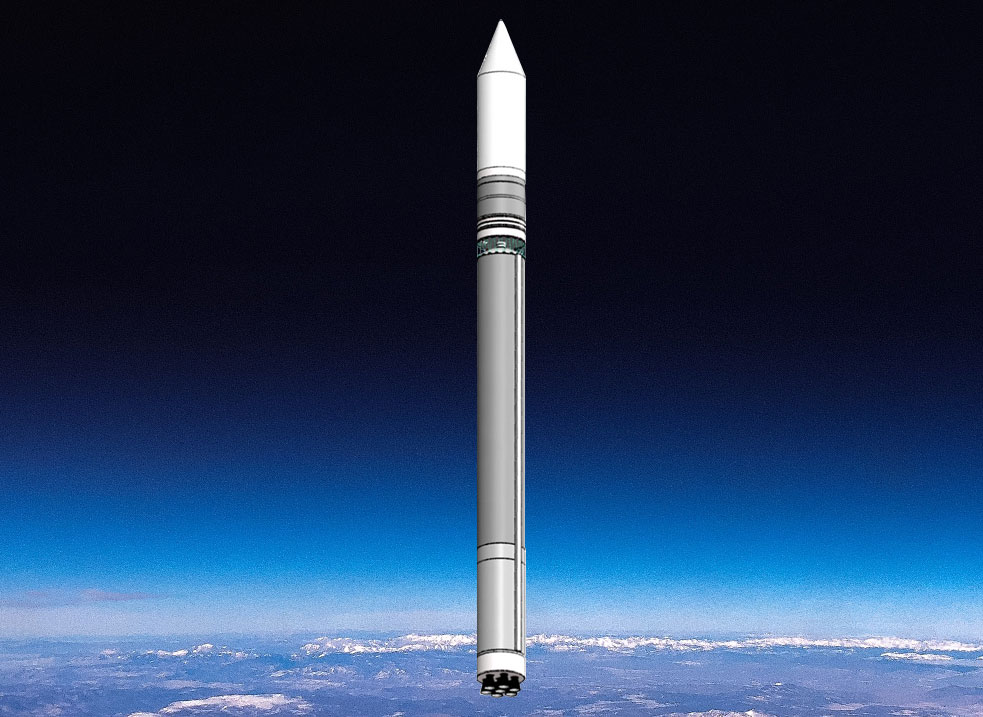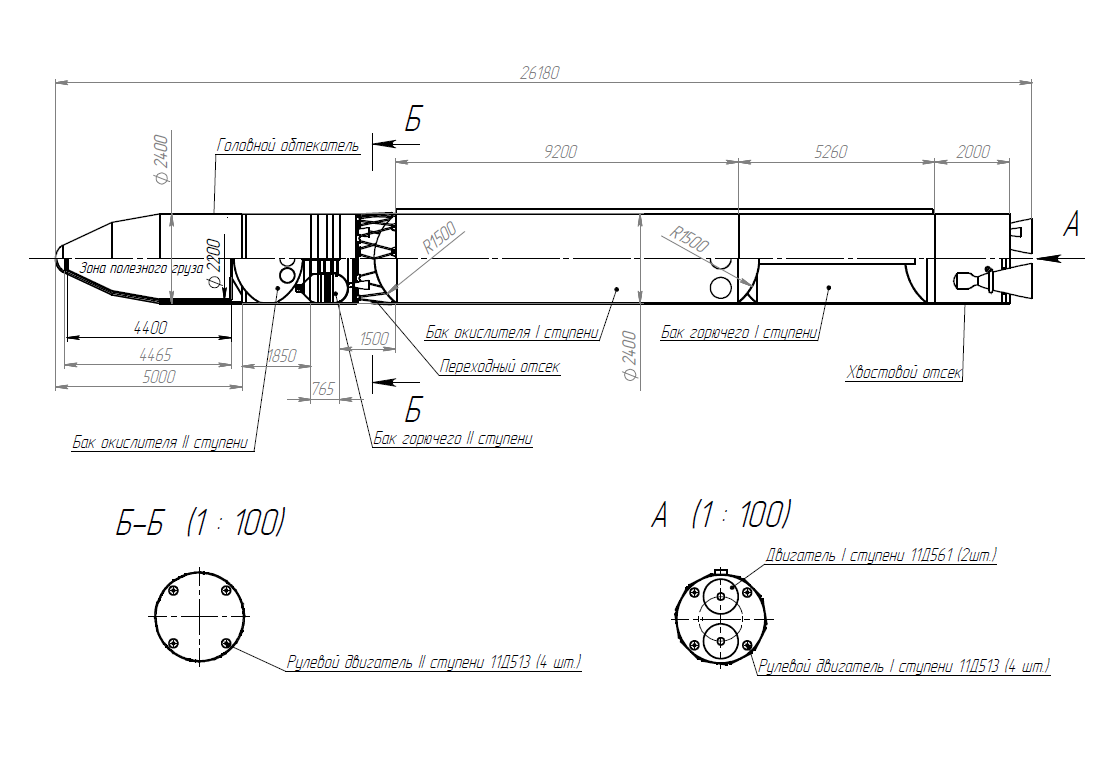Independent Access to Space
Situation now
In 2022, 134 launch vehicles were launched by leading space powers. Almost all of them were launched by heavy and medium-class launch vehicles. Customers have to wait up to 3 years until a cluster of launch satellites is formed. Also, the design features of satellites are not taken into account, they have to be unified, which often leads to a decrease in their efficiency.
The number of satellites on the international market is growing exponentially, queues for their launch are constantly growing, and the capabilities of companies that launch launch vehicles lag far behind the needs of the market
Launching satellites is a branch of business where demand far exceeds the capabilities of space companies
The need to launch satellites in the next 10 years should increase by an order of magnitude up to 10 times
The weight and size of satellites is reduced by 8% annually, while their functional capabilities are increasing
Placing satellites into LEO ensures a higher speed of up-/ downlink signal transmission
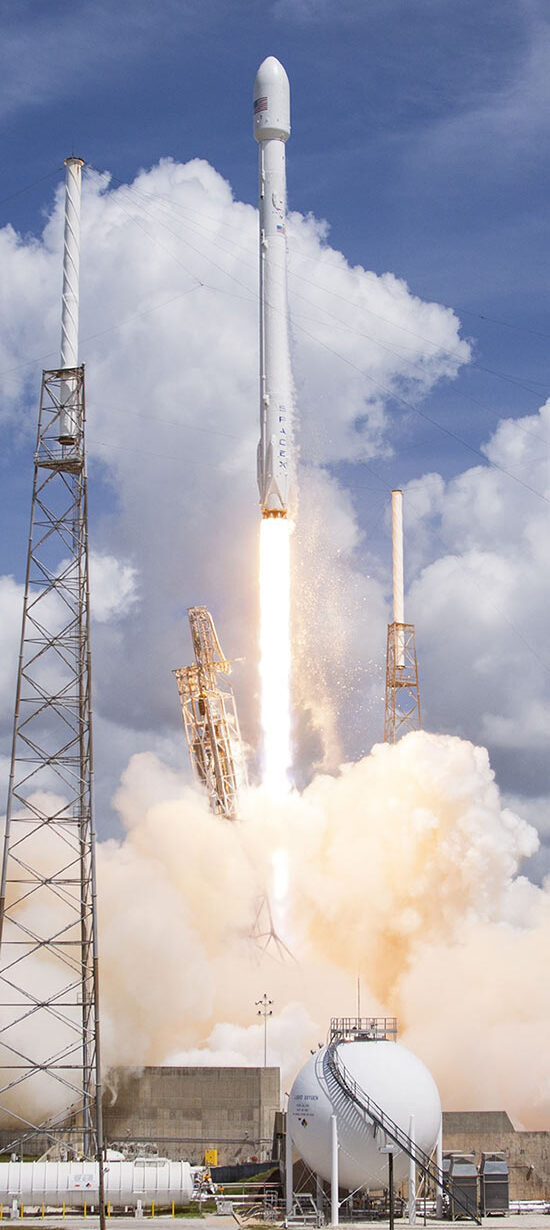
Project impact
Independent access to space with the ability to reach any value of satellite orbit
Security forces have the operational ability to launch satellites for their own needs
Commercially profitable, incl. budget revenues
No need to coordinate the drop zones of the LV stages
Minimal investments in the new ground infrastructure
Reusable 1st stage
Launching the payload of a cluster of up to 15 satellites with a total mass of up to 700 kg into a SSO at competitive launch price
Launch project description
Launch
From a sea platform for preparation and launch, made according to the type of non-self-propelled floating dock, with a displacement of 10,000
Place of launch
International waters
Method of launch
In 2 stages, there are two doublet launch vehicles. In one cycle, there will be 4 launches of launch vehicles.
Launch conditions
The choice of the launch place will allow to achieve the maximum performance indicators of the payload launch into a sun-synchronous orbit.
The preparatory pre-launch operations are performed in the base port, the launch operations - on the launch platform
Composition of the Complex
Technical Characteristic of the Launch Vehicle
Investments necessary for the R&D and production
Additional expenses, including:
Design and manufacture of load-lifting mechanisms for overloading LVs
Design and manufacture of the "Sea platform for preparation and launch"
Design and creation of marine infrastructure for storage of launch vehicles, fuel components, etc.
Modernization of an existing oceangoing tug as a launch control vessel
Design and manufacture of the necessary launch and pre-launch equipment
Estimated cost of a serial launch vehicle
The term of the complex creation
Advantages vs Competitors
| Company | Launch vehicle | Payload, kg | Price of one serial launch, $ mln | Payload launch price, $/kg | State |
|---|---|---|---|---|---|
| Rocket Lab | Electron | 225 | 5 | 22 222 | USA |
| Firefly Aerospace | Firefly Alpha | 400 | 9 | 22 500 | USA |
| DSC/BOS | Zenith-1SL | 700 | 11 | 15 700 | PL-Ua |
© 2024 Descoberta Ofuscante LDA,
All Rights Reserved

